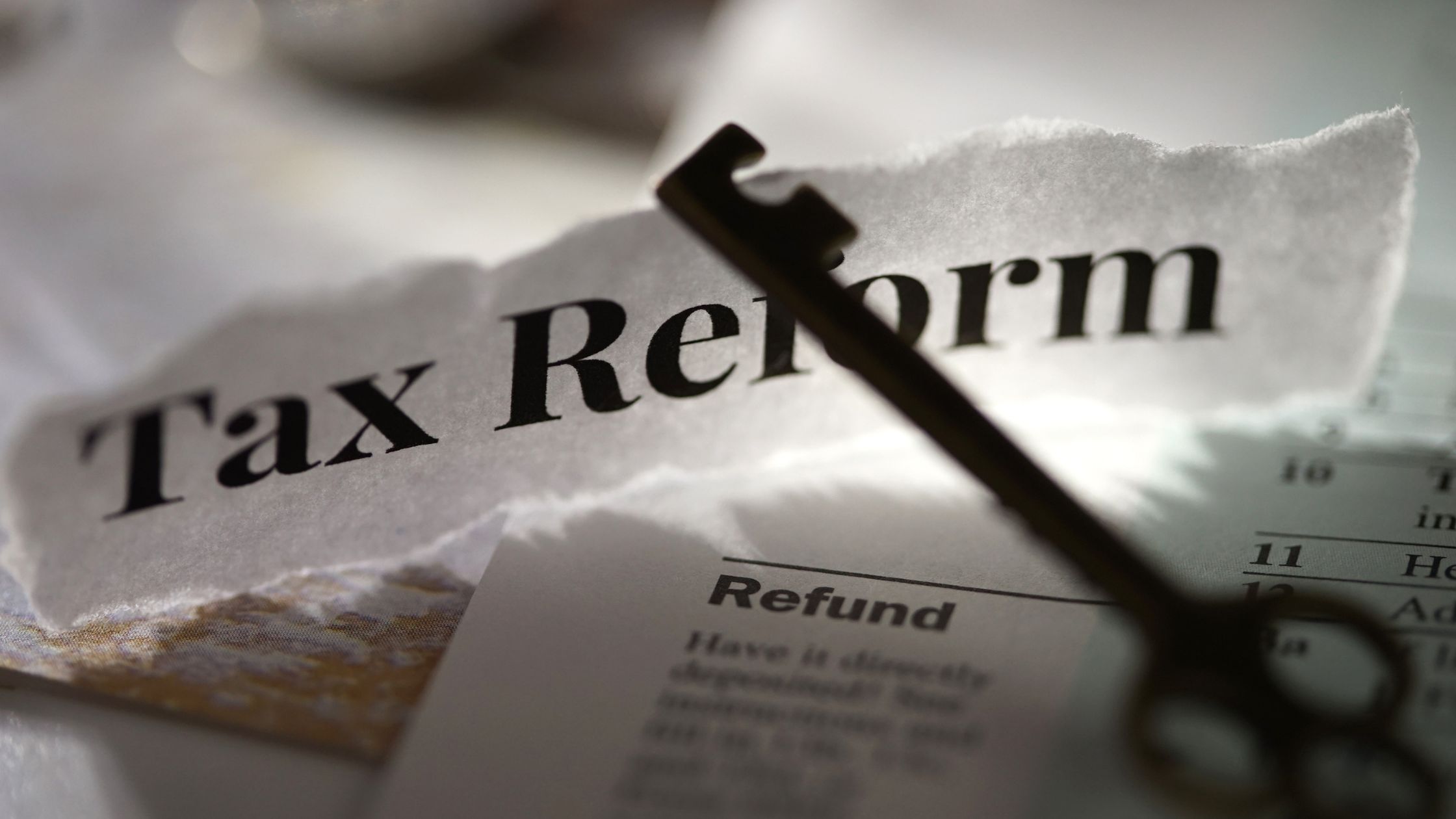welcome to r j s & associates
Could Proposed Tax Changes Be on the Horizon?


Australia’s tax system could be in for some bold changes—at least if recent public commentary and economic discussions are any indication.
While none of these changes are legislated, they reflect growing calls to rebalance the budget, support cost-of-living pressures, and improve the long-term sustainability of public funding.
Here’s a snapshot of the most talked-about suggestions and what they could mean for your finances:
With fresh food and medical still GST-free
Raising the GST from 10% to 15% is a proposal that’s resurfaced in several economic circles, with exemptions for fresh food and medical expenses.
Read about GST exemptions on the ATO site
What it means for you:
Prices on non-essential goods and services may rise. You might feel this in entertainment, clothing, and transport costs.
Up from the current $18,200
Currently, Australians don’t pay income tax on the first $18,200 earned. Increasing this threshold to $25,000 would save individuals up to $1,224 per year in tax.
Current tax-free threshold – ATO
What it means for you:
More take-home pay, especially for casuals, part-time workers, and lower income households.
To offset GST and cost-of-living pressures
A linked suggestion is to increase Centrelink and government benefit payments by 5% to compensate for a potential GST rise.
Centrelink payment rates – Services Australia
What it means for you:
Greater financial support if you receive JobSeeker, Age Pension, Parenting Payment or Youth Allowance.
Targeting multinationals like Google, Netflix, Facebook
This tax would apply to revenue earned in Australia, not profits. The goal: prevent large digital companies from shifting profits offshore.
Discussion on a Digital Services Tax – The Conversation
What it means for you:
Unclear if tech companies would pass on the cost to consumers—but the measure could help level the playing field for local businesses.
Encouraging investment in rental property
Negative gearing allows investors to deduct rental property losses from their taxable income. Some proposals aim to strengthen these incentives—drawing inspiration from historic rules dating back to 1936.
What it means for you:
If you own or plan to buy an investment property, changes could increase tax offsets and boost long-term returns.
A surcharge on companies earning over $100 million in profit
Big businesses—like the Commonwealth Bank, Westpac and Telstra—could face a 5% profits tax under this idea. The goal: ensure large corporations contribute more during times of economic stress.
Company profits reported in ASX filings
What it means for you:
Could impact shareholder returns or pricing strategies, depending on how the tax is structured.
A suggested wind-back to manage national spending
The National Disability Insurance Scheme is among the fastest-growing budget items. A spending review or partial wind-back has been floated to reduce government debt.
NDIS budget growth – Treasury Budget Paper No.1 2024–25
What it means for you:
If you or your family access NDIS services, this could lead to changes in eligibility or funding levels.
None of these changes are law. But they reflect real pressure on the federal budget—and serious conversation about how to prepare for the future.
If you’re wondering how these proposals might affect your personal or business finances, now’s the time to plan.
Book a planning session with an RJS accountant
This article is published by R J Sanderson and Associates Pty Ltd ABN 71 060 299 783. This article contains general information only and is not intended to represent specific personal advice (Accounting, taxation, financial or credit). No individual personal circumstances have been taken into consideration for the preparation of this material. It is recommended that you obtain your own personal professional advice before making any financial or business decision.